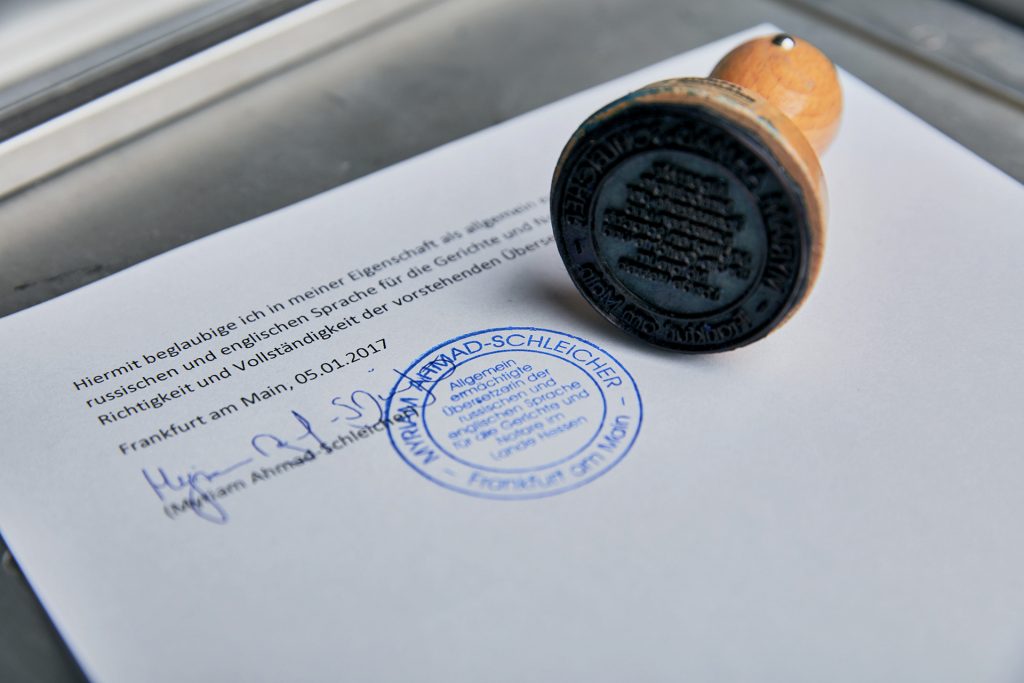When contacting a translation agency, the customer first of all expects to receive a high-quality, close to the original, error-free and typo-free text of the translation nepali to english. These conditions are usually the top priority for translators. After the original text has been translated, the editing phase begins.
Editing is the process of reviewing text in order to improve the presentation and quality of writing. In other words, it is the process of checking and improving the translation. Checking whether the translator actually made a correct and accurate translation of the original and fully understood the text, did not miss any information, and whether all the recommendations given by the client were followed. Editing is aimed not so much at the general appearance of the text as at the terminology. This process includes a check to see if the correct terminology is being used in the work. To achieve this goal, research is carried out on each term that raises doubts, and even those terms that are unknown to the editor, all this is carried out in order to avoid distortion of the meaning and avoidance of shortcomings. This is usually accomplished by researching specialized dictionaries, industry and corporate terminology glossaries, and the websites of the respective company, organization, or institution.
this goal, research is carried out on each term that raises doubts, and even those terms that are unknown to the editor, all this is carried out in order to avoid distortion of the meaning and avoidance of shortcomings. This is usually accomplished by researching specialized dictionaries, industry and corporate terminology glossaries, and the websites of the respective company, organization, or institution.
The editing process is accompanied by a list of recommended fixes. It is normal practice that when it comes to terminology and factual changes, editors cannot make the changes themselves, so they send their comments and recommended corrections to the translator of the original document, and ask his permission to apply any or all of the recommended comments.
Despite some confusion about terminology in the translation industry, it should be noted that revisions are charged at a lower rate than translation. Some translation agencies and translators charge an editing fee of 50% of the price they charge for a translation. Also, payment can be both hourly and for each word. There are factors that affect editing rates: First, it depends on the country, the richer the country, the higher the rates. Secondly, the complexity of the text and its subject matter, more complex and specialized texts have higher rates. Third, the volume, the larger the volume, the lower the rates. Fourthly, the deadlines for the execution of work, the stricter the deadlines, the higher the rates.



